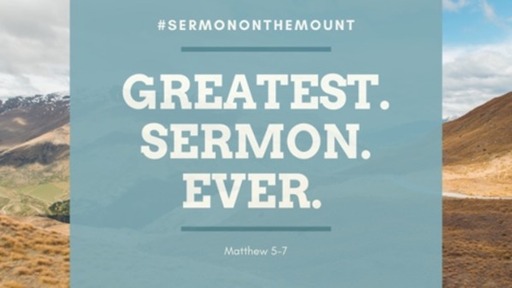Anxiety and Provision

Passage: Matthew 6:25-34
One of Henry Ward Beecher’s favorite stories was about a young man who was applying for a job in a New England factory. Asking for the owner, he found himself in the presence of a nervous, fidgety man who looked hopelessly dyspeptic. “The only vacancy here,” he told the applicant, “is a vice-presidency. The man that takes the job must shoulder all my cares.”
“That’s a tough job,” said the applicant. “What’s the salary?”
“I’ll pay you ten thousand a year if you will really take over all my worries.”
“Where is the ten thousand coming from?” asked the applicant, suspiciously.
“That my friend,” replied the owner, “is your first worry.”
• The reason why worry kills more people than work is that more people worry than work.
—Robert Frost
I. Don't be anxious about your life or your body.
II. Trust God to provide for your needs as His children. (v. 26-29)
Your life is in the hands of your Father. He has designed it. He knows the end of it from the beginning. He plans each step of the way to fulfil his purpose for you and through you. You will have all you need to fulfil that purpose, and when that is accomplished, you will be taken home to be with him. Why worry when he has your life in his hands? Your worry is a sign that you do not adequately know him, or that you do not trust him, or have not yet yielded to him as you ought.
It is only when we want to take our lives out of the Father’s hands and have them under our own control that we find ourselves gripped with anxiety. The secret of freedom from anxiety is freedom from ourselves and abandonment of our own plans. But that spirit emerges in our lives only when our minds are filled with the knowledge that our Father can be trusted implicitly to supply everything we need. (Sermon, 144)
III. Because you see how God takes care of lesser things you can trust Him with your life. (v. 30-32)
IV. Seek first (v. 33)
V. Tomorrow has its own trouble. Live today worry free in Christ. (v. 34)
What does this mean for our lives?
Don’t stop thinking about the future.
A man will do little by firing off his gun if he has not learned to take aim